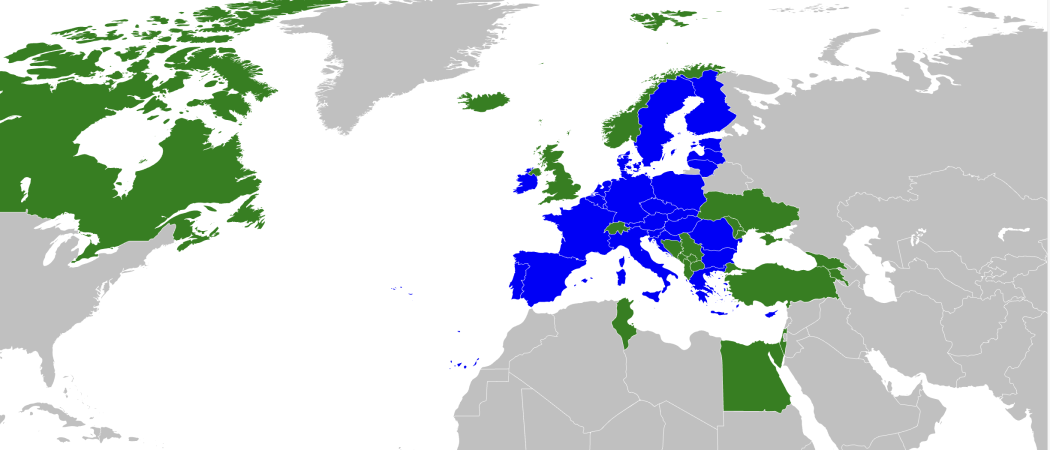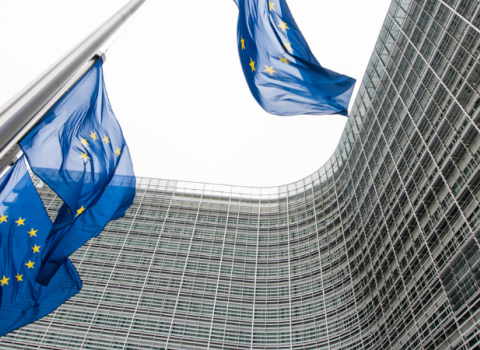British, Swiss and Canadian universities urge Brussels to give their countries a clear, speedy path to FP10 association

Map of Horizon Europe associated countries (in green).
The UK is only winning 60-70% of the collaborative research grants it previously brought in before its long absence from the EU’s research Framework Programmes, according to the country’s Russell Group of research universities.
After years of Brexit-related political wrangling, the UK finally associated to Horizon Europe at the beginning of 2024, but the damaging uncertainty caused by its absence means its researchers are still not back to where they were under Horizon 2020, the predecessor programme.
“Members [. . .] say there is work to do to get participation in Pillar 2 back to where we would like it to be,” said the Russell Group in a statement released on July 15, referring to the part of Horizon Europe that funds continent-spanning research consortia.
The Russell Group said it would take “some time” for UK participation to recover to its former position.
London and Brussels only struck an association deal in September 2023. This made UK researchers suddenly eligible for calls with deadlines in early 2024, “giving researchers little (sometimes no) time to build collaborations,” the Russell Group said. The UK should expect “further progress” in 2025 and 2026, it said.
In Pillar 1 of the programme, which includes European Research Council (ERC) grants that don’t require researchers to join Europe-wide consortia, the Russell Group is much happier with the UK’s recovery.
UK researchers won 56 ERC advanced grants in 2024, 60% more than any other country, the body said. The country applied for more postdoctoral fellowships under the Marie Skłodowska-Curie Actions than any other in 2024, it added.
“Researchers and innovators in the UK are performing strongly in Pillar 1 of Horizon Europe,” it said.
Related stories:
- Associated countries weigh up leaked plans for next Framework Programme
- UK shows early signs of Horizon Europe comeback
- UK launches fresh push to drum up Horizon Europe interest
Next Framework Programme uncertainty
However, the Russell Group also warns that uncertainty over whether the UK will join the next Framework Programme, set to start in 2028 and known informally as FP10, is still hampering UK researchers from joining EU teams.
“Research collaborations extend over many years,” it said. “Members report that uncertainty over whether the UK will take part in EU research programmes from 2028 can create caution in the rest of Europe about investing in complex partnerships.”
Along with the umbrella group swissuniversities, and the U15 group of large Canadian research universities, the Russell Group has called in a separate letter for Brussels to make the path to association for countries such as the UK, Canada and Switzerland speedy and clear.
“A process to make clear the terms of joining FP10 ahead of time would enable countries such as the UK, Canada and Switzerland to make an informed, early decision about associating,” the joint letter says. “This would help ensure our universities are ready to contribute to the new R&D work programmes from day one.”
The UK government has already set aside money to associate to FP10, “assuming it is open, relevant and provides good value for the UK researcher community and taxpayers.”
The Commission is set to officially launch its plans for FP10 on July 16. A draft version leaked last week left associated countries demanding answers over exactly how association will work.
Echoing their EU counterparts, the joint letter from UK, Swiss and Canadian research universities also pressed the Commission to make sure FP10 contains support for “excellent fundamental research,” despite plans for a new European Competitiveness Fund, which will steer parts of the FP10 to boost European industrial might.
“We believe a clear FP10 focus on curiosity-driven research complements plans for a European Competitiveness Fund, driving the discoveries and developing the technologies that will power tomorrow’s economy and not just today’s,” the letter says.





 A unique international forum for public research organisations and companies to connect their external engagement with strategic interests around their R&D system.
A unique international forum for public research organisations and companies to connect their external engagement with strategic interests around their R&D system.